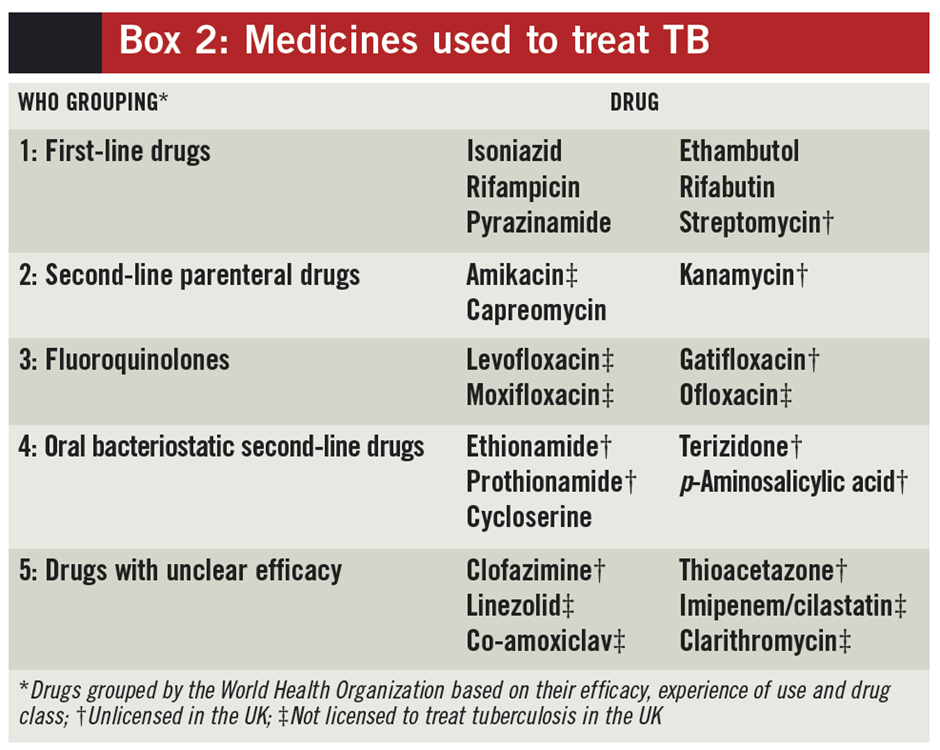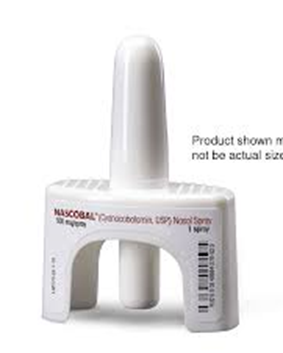A charge nurse is teaching a newly licensed nurse about administering heparin to a client. Which of the following statements by the newly licensed nurse indicates an understanding of the teaching?
"I will check the client's INR before administering the heparin."
"I will aspirate before administering the heparin."
"I will massage the site after the injecting the heparin."
"I will apply pressure for 1 minute after the injection."
The Correct Answer is D
Choice A Reason:
. "I will check the client's INR before administering the heparin." Is incorrect. Checking the client's INR (International Normalized Ratio) is essential, but it's more applicable for monitoring anticoagulants like warfarin, not heparin. Heparin's effect is typically monitored via activated partial thromboplastin time (aPTT) or anti-Xa levels, not INR.
Choice B Reason:
"I will aspirate before administering the heparin." Is incorrect. Aspirating before administering heparin injections is not necessary because the medication is given subcutaneously or intravenously and not into a blood vessel.
Choice C Reason:
"I will massage the site after injecting the heparin." Is incorrect. Massaging the site after injecting heparin could increase the risk of bruising or hematoma formation at the injection site. It's generally advised to avoid massaging the area after a heparin injection to prevent tissue trauma.
Choice D Reason:
"I will apply pressure for 1 minute after the injection." Is correct. Applying pressure to the injection site for about a minute after administering heparin helps minimize the risk of bleeding or hematoma formation, especially with subcutaneous injections. This practice aids in reducing bleeding at the injection site.
Nursing Test Bank
Naxlex Comprehensive Predictor Exams
Related Questions
Correct Answer is B
Explanation
Choice A Reason:
"You should report monthly to have your blood drawn to monitor kidney function while taking medication." Is incorrect. While monitoring kidney function might be necessary during tuberculosis treatment due to potential medication side effects, monthly blood draws specifically for kidney function might not be standard. However, periodic blood tests to monitor various parameters, including kidney function, are part of tuberculosis treatment monitoring.
Choice B Reason:
"You will need to take two or more medications to treat your disease." Is correct. Treatment for active pulmonary tuberculosis typically involves a combination of antimicrobial medications to effectively treat the infection and prevent antibiotic resistance. This multidrug therapy is essential to combat the bacteria causing tuberculosis and reduce the risk of treatment failure or relapse.
Choice C Reason:
"You will need to undergo tuberculin skin tests every 6 months while taking medication for your disease." Is incorrect. Tuberculin skin tests are used for screening or diagnosing tuberculosis but are not typically repeated every six months during active treatment for the disease.
Choice D Reason:
"You should anticipate taking medication to treat your disease for at least the next 3 years." Is incorrect. The duration of treatment for active pulmonary tuberculosis varies but is typically shorter than three years. Treatment duration usually lasts several months to a year, depending on the specific medication regimen and the response to treatment.

Correct Answer is C
Explanation
Choice A Reason:
There's no requirement to lie down for an hour after administering nasal cyanocobalamin.
Choice B Reason:
The duration of treatment might vary depending on the healthcare provider's instructions and the client's response, so stating a specific duration of 6 months may not be accurate.
Choice C Reason:
"Administer the medication into one nostril once per week. “Nasal cyanocobalamin is typically used weekly for the treatment of pernicious anemia. It's administered into one nostril as directed by a healthcare provider. This method allows for the absorption of vitamin B12 through the nasal mucosa.
Choice D Reason:
Using a nasal decongestant before administering the medication is not typically part of the recommended administration protocol for nasal cyanocobalamin.

Whether you are a student looking to ace your exams or a practicing nurse seeking to enhance your expertise , our nursing education contents will empower you with the confidence and competence to make a difference in the lives of patients and become a respected leader in the healthcare field.
Visit Naxlex, invest in your future and unlock endless possibilities with our unparalleled nursing education contents today
Report Wrong Answer on the Current Question
Do you disagree with the answer? If yes, what is your expected answer? Explain.
Kindly be descriptive with the issue you are facing.
